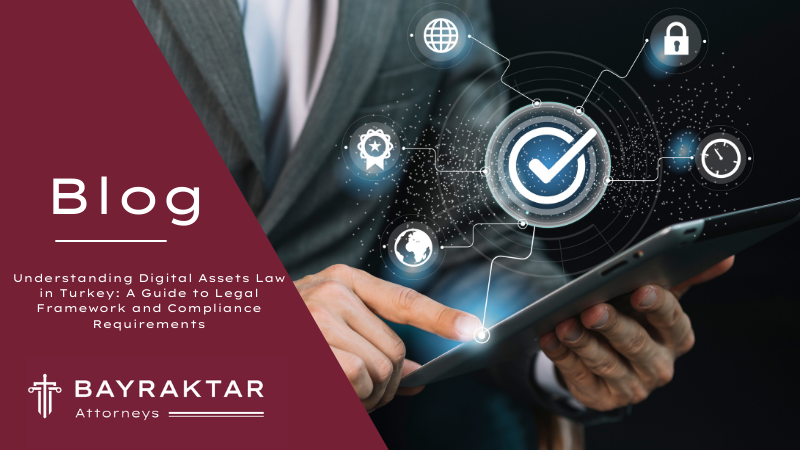
As the digital economy thrives, the significance of digital assets has grown exponentially, prompting numerous countries to develop a legal framework to manage this new form of property. In Turkey, the regulatory environment surrounding digital assets law is evolving to address the unique challenges posed by these revolutionary tools.
With a rising number of businesses and individuals partaking in the digital assets market, understanding the legal landscape in Turkey is vital for ensuring compliance and making informed decisions.
Current State of Digital Assets Law in Turkey
As of my knowledge cutoff in early 2023, Turkey does not have a comprehensive legal framework specifically designed for digital assets; however, various existing laws and recent regulations provide some level of oversight.
The most prominent piece of legislation is the “Regulation on Not Using Crypto Assets in Payments,” which was introduced by the Turkish Central Bank in April 2021. This regulation bars the use of cryptocurrencies and other digital assets for payments, as well as preventing payment service providers from developing business models involving digital assets or providing services related to such assets. It represents a key step in establishing clearer boundaries within the burgeoning sector of digital assets law in Turkey.
Regulatory Authorities Overseeing Digital Assets
The primary regulatory bodies governing financial markets in Turkey are the Banking Regulation and Supervision Agency (BDDK) and the Capital Markets Board of Turkey (CMB). Both agencies have indicated an intention to oversee digital asset transactions to some extent.
However, due to the complexity and novelty of digital assets, it often requires collaboration between various government bodies to ensure comprehensive oversight. As legislation evolves, the roles of these regulators in relation to digital assets are expected to become more delineated, offering clearer guidance to stakeholders in the digital asset space.
Compliance Requirements for Digital Asset Holders
Holding or trading digital assets in Turkey carries certain compliance requirements. Importantly, as per the existing law on the ‘Prevention of Laundering Proceeds of Crime and Financing of Terrorism’, individuals and businesses dealing with digital assets may need to fulfill anti-money laundering (AML) and combating the financing of terrorism (CFT) obligations.
This includes conducting customer due diligence and reporting suspicious transactions to the relevant authorities. The lack of a comprehensive framework means that there is a certain level of legal uncertainty, and stakeholders must pay close attention to legal developments to remain compliant.
Importance Of Digital Asset Law In Turkey
Digital asset law in Turkey is becoming increasingly important as the country experiences rapid growth in the use of cryptocurrencies and other digital assets.With the rise of blockchain technology and the increasing adoption of digital currencies like Bitcoin, legal frameworks are necessary to protect consumers, ensure market stability, and prevent illegal activities such as money laundering.
The Turkish government has recognized the need for regulation in this space to address potential risks and provide clarity for businesses and investors.By establishing clear laws around the use, trading, and taxation of digital assets, Turkey aims to create a safe and transparent environment for all stakeholders.
This regulation not only protects individual users but also strengthens the overall economy by fostering innovation and attracting foreign investment in the digital asset sector.
Looking Ahead: The Future of Digital Assets Law in Turkey
The future of digital assets law in Turkey points to a more regulated environment as both global and local attitudes towards digital assets continue to mature. The Turkish government has announced plans to establish a more robust regulatory and legal framework, which may include the creation of a central custodian bank for digital assets.
With Turkey’s vibrant economy and its pivotal position bridging Europe and Asia, the country is poised to play a significant role in the digital asset arena, provided it can craft a legal system that protects consumers while fostering innovation. In the meantime, anyone involved in the digital asset space in Turkey must remain vigilant and adaptable to navigate the shifting legal landscape.
Ready to navigate the evolving legal landscape of digital assets in Turkey? Bayraktar Attorneys offers expert guidance to ensure compliance with current regulations and stay ahead of upcoming changes. Whether you’re a business or an individual involved in digital asset transactions, our specialized legal services will help you navigate the complexities of Turkish digital assets law with confidence. Contact us today to explore your options and protect your interests in this rapidly evolving sector.
Recently Added Blogs



.png)
.png)
.png)
.png)
